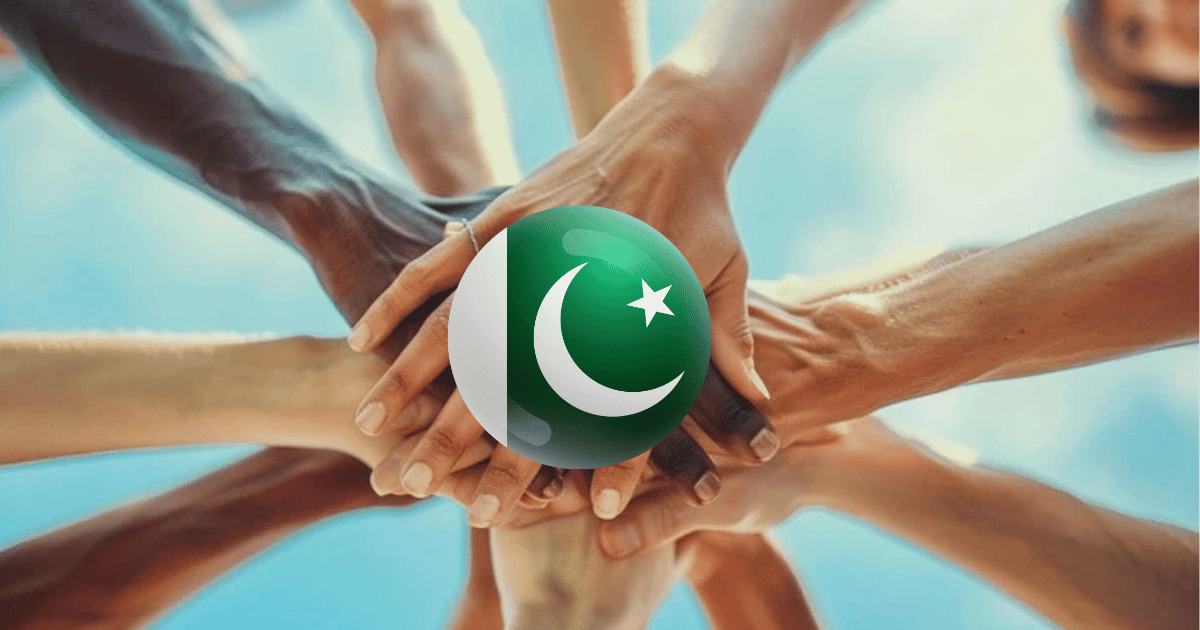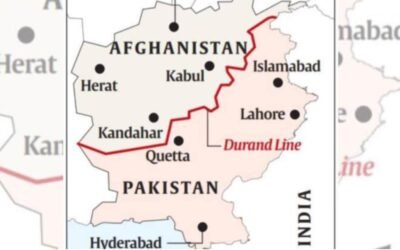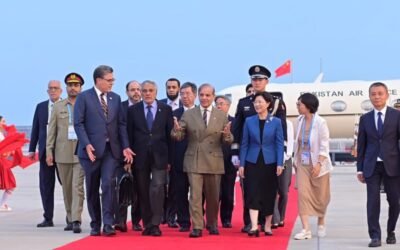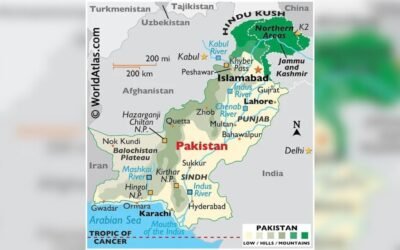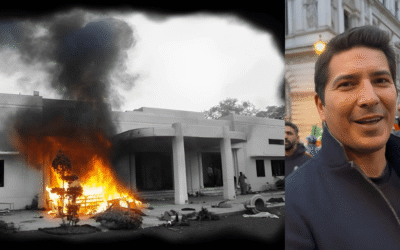Introduction: Why National Cohesion Matters
Pakistan is a nation of extraordinary diversity, characterised by its rich languages, cultures, religions, and ethnicities. From Gilgit’s mountains to Karachi’s coastline, our unity is based not on similarity but on shared purpose. National unity goes beyond mere peaceful coexistence — it involves mutual respect, fair treatment, and shared values. As an Islamic Republic, Pakistan’s Constitution and faith both promote the protection and inclusion of all its citizens.
I am sharing some basics of the single national curriculum for study and comments. For detailed response kindly send to: sncpakistan2020@gmail.com pic.twitter.com/dzBanN0ew8
— Shafqat Mahmood (@Shafqat_Mahmood) July 19, 2020
Embracing Our Diversity
Pakistan is home to over 240 million people and more than 70 spoken languages (Ethnologue). Each province contributes to the nation’s culture and economy. Punjab leads in agriculture, Sindh in industry and trade, KP in culture and tradition, and Balochistan in resources and strategic geography.
Despite these strengths, we often see political and ethnic divides. Some provinces feel marginalised, minority groups face unfair treatment, and young people distrust the system. This weakens the nation from within.
The Islamic Foundation of Unity
The Quran emphasises brotherhood and justice:
“Indeed, this nation of yours is one nation, and I am your Lord, so worship Me.” — Surah Al-Anbiya (21:92)
Prophet Muhammad ﷺ established the Charter of Medina, uniting diverse faiths and tribes. It demonstrated that people can coexist in peace, with fairness and respect. Pakistan’s vision must echo this.
The Role of Language and Media
Language is powerful. Pakistan recognises Urdu as its national language and English as its official language. However, regional languages such as Punjabi, Pashto, Sindhi, Balochi, and Shina must also be preserved and promoted.
Allowing children to learn in their own language, alongside Urdu, boosts inclusion, confidence, and academic success. Multilingual education helps them grasp new concepts more easily and participate fully in school life.
Media should also promote unity, not division. National channels ought to showcase stories from all provinces. Films and dramas should depict the full spectrum of Pakistani life, not just urban or elite experiences.
Education as a Tool for Cohesion
The Single National Curriculum (SNC) marks a move towards a unified education system. When students from Karachi to Chitral learn similar values of patriotism, service, and faith, we strengthen our nation.
The Single National Curriculum (SNC) was introduced by Pakistan’s government starting in August 2021, covering grades 1–5. It aims to create one unified curriculum across public, private, and religious schools, ensuring equal learning opportunities for all students nationwide.
Key aspects include:
- Standardised subjects, teaching methods, and learning outcomes across provinces.
- Inclusion of minority religious education alongside mainstream subjects.
- A phased rollout extending from primary (grades 1–5) to secondary and higher grades in subsequent years
However, implementation must be inclusive. Teachers should reflect regional backgrounds. Local history should be celebrated, and critical thinking should be encouraged—not just rote learning.
In 2021–22, over 22.8 million children aged 5–16 in Pakistan were not attending school. Which makes Pakistan the country with the second-highest number of out-of-school children globally (unicef.org).
Unless Pakistan invests significantly in education, achieving genuine national unity will remain a challenge.
Federalism and Equal Development
Pakistan’s 18th Amendment granted provinces more power—a positive step towards federalism. But it also calls for fairness. Balochistan covers approximately 44% of Pakistan’s land but remains the least developed and underfunded region. Despite its size and rich natural resources, it continues to receive a small share of the development budget—highlighting long-standing regional inequalities.
Investment in underserved regions is vital—not charity, but justice. Every Pakistani deserves access to quality healthcare, education, internet, and roads, whether in Tharparkar or Swat.
Countering Extremism Through Unity
The division allows extremism to grow. Militants exploit ethnic, sectarian, and economic grievances. National unity must include all religious and ethnic minorities—Hindus, Christians, Sikhs, Shias, Ismailis, Ahmadis—under the same protection of law.
The National Action Plan (NAP) calls for teaching tolerance in schools, promoting respectful messaging in religious sermons, and empowering police and other authorities to enforce the rules. However, experts say the plan still needs to be fully implemented to counter extremism effectively.
Youth and the Role of Digital Inclusion
Over 60% of Pakistan’s population is under the age of 30 (UNDP Pakistan). This youth bulge can unify or divide. We must provide young people with a national identity rooted in Islamic values, democracy, and opportunities.
Digital platforms like Kamyaab Jawan and the National Freelance Training Program are promising. They offer tech skills and income to youth in Gilgit, Layyah, or Lasbela—not just Lahore or Islamabad. Bridging this digital divide helps build shared aspirations.
Islamic Brotherhood and National Pride
Islamic teachings emphasize fairness, kindness, and responsibility to the nation. The Prophet ﷺ said:
“Love for your country is part of faith.”
Islam asks us to defend the weak, uplift the marginalised, and act justly, even against our interests, if it leads to truth. National unity rooted in Islamic ethics is not only possible—it is the only path forward.
A Way Forward: Practical Steps
- Promote regional languages in media and education without undermining Urdu.
- Invest in underdeveloped regions, including FATA, interior Sindh, and South Punjab.
- Implement tolerance education at all levels of education in schools.
- Celebrate national heroes from all ethnic and religious groups.
- Expand interfaith and intercultural youth exchanges.
- Engage religious scholars and community elders in peacebuilding efforts.
- Enforce local representation in development planning and hiring.
Conclusion: United in Faith and Purpose
National cohesion is not just a slogan—it is the key to Pakistan’s survival and prosperity. We do not need uniformity. We need a shared vision. Through education, media, fair governance, and Islamic values of justice and brotherhood, we can build a Pakistan that honours every voice.
When Baloch, Sindhi, Punjabi, Pashtun, Gilgiti, and Kashmiri citizens all feel heard and respected, Pakistan becomes unbreakable.
Let us remember: our diversity is our strength, but only when united by faith, fairness, and hope.

